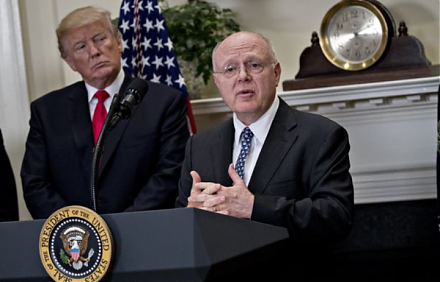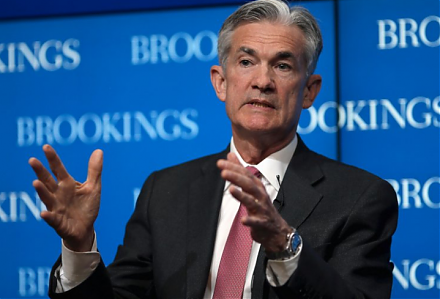

2017-08-25 13:36:00 Fri ET
stock market competition macrofinance stock return s&p 500 financial crisis financial deregulation bank oligarchy systemic risk asset market stabilization asset price fluctuations regulation capital financial stability dodd-frank
The U.S. Treasury's June 2017 grand proposal for financial deregulation aims to remove several aspects of the Dodd-Frank Act 2010 such as annual macro stress tests, supervisory bank capital reviews, proprietary trading restrictions, and so forth. Fed Vice Chair Stanley Fischer warns that the current financial deregulation can be extremely dangerous and myopic: "It took almost 80 years after 1930 for America to experience another [global] financial crisis that could have been of that magnitude... now after 10 years everyone wants to return to a status quo before the [next financial downturn]."
As prior monetary policy turns out to be a rather ineffective solution for the post-crisis macro malaise, fiscal stimulus garners a lion's share of public attention toward lower income taxation and indefinite tax holiday for corporate offshore cash repatriation. Regardless of whether the Dodd-Frank supervisory stress instruments should remain for a more stable U.S. banking system, the Fischer comment rings the alarm bell of fiscal quid pro quo for weak monetary stimulus. This information exchange offers valuable food for thought to the typical stock market investor. While the trend can be his or her friend, the investor needs to weigh the pros and cons of short-term stock price momentum vis-a-vis the close nexus between long-term economic fluctuations and stock market gyrations.
If any of our AYA Analytica financial health memos (FHM), blog posts, ebooks, newsletters, and notifications etc, or any other form of online content curation, involves potential copyright concerns, please feel free to contact us at service@ayafintech.network so that we can remove relevant content in response to any such request within a reasonable time frame.
2017-06-27 05:40:00 Tuesday ET

These famous quotes of self-made billionaires are inspirational words of wisdom on financial management, innovation, and entrepreneurship. For financial
2025-06-13 08:23:00 Friday ET

What are the mainstream legal origins of President Trump’s new tariff policies? We delve into the mainstream legal origins of President Trump&rsquo
2023-08-28 08:26:00 Monday ET

Jared Diamond delves into how some societies fail, succeed, and revive in global human history. Jared Diamond (2004) Collapse: how societies
2018-10-15 09:33:00 Monday ET

Several pharmaceutical companies now switch their primary focus from generic prescription drugs to medical specialties such as cardiovascular medications an
2019-05-07 09:30:00 Tuesday ET

The Trump team receives a 3.2% first-quarter GDP boost as Fed Chair Jay Powell halts the next interest rate hike in early-May 2019. This smooth upward econo
2019-08-08 09:35:00 Thursday ET

Kobe Bryant and several other star athletes have been smart savvy investors. In collaboration with former Web.com CEO Jeff Stibel, the NBA champion invests